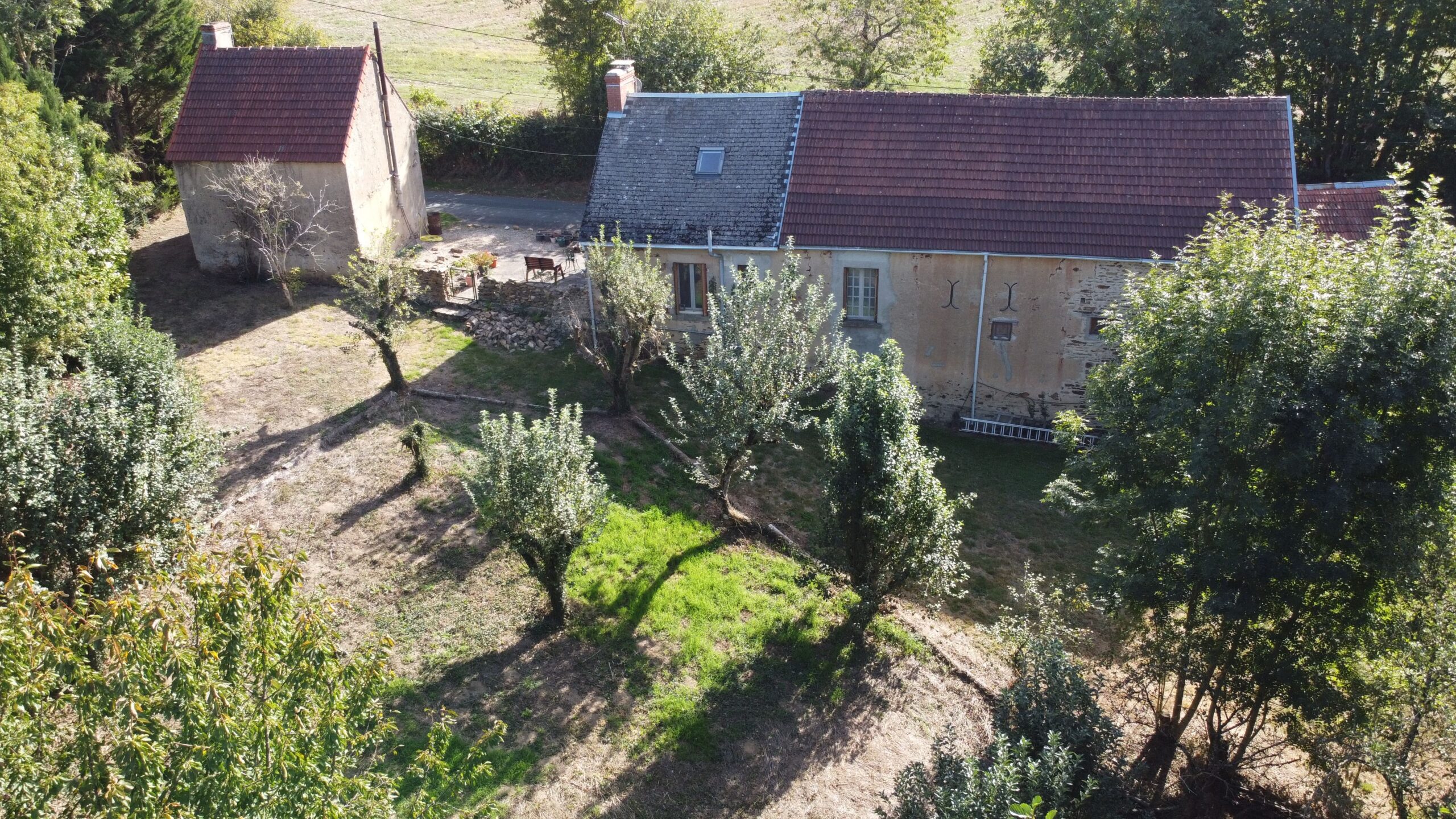
LAKE AND 195 M2 HOUSE + 2D HOUSE TO RENOVATE- NO OVERLOOKING VIEWS
PRICE : 175,000 € inc fees – 195 M2 detached house and lake on a plot of 8,201 m2+ 2d house to renovate + mobile home near the lake
Energy Performance Certificates (EPCs) have been a legal requirement in England and Wales since August 1, 2007, initially applying to domestic properties with four or more bedrooms. The scope of this scheme was later expanded to include three-bedroom homes from September 10, 2007. In France, this obligation for property sales came into effect on November 1, 2006, aligning with European Union Directive 2002/91/EC concerning the energy performance of buildings.
The genesis of this directive can be traced back to the Kyoto Protocol, which mandates the European Union to reduce CO2 emissions by 8% by 2010, aiming to achieve levels 5.2% below those recorded in 1990. The primary objective of the Energy Performance Certificate is to provide prospective buyers with essential information regarding a property’s energy consumption levels and greenhouse gas emissions.
Moreover, the EPC offers valuable recommendations on enhancing the property’s energy efficiency and reducing emissions to promote cost savings and environmental sustainability. This certificate is mandatory for various types of property sales, encompassing houses, shops, offices, factories, and retail premises.
Conducting an energy survey to generate an EPC involves a qualified inspector who assesses key components such as loft insulation, domestic boiler efficiency, hot water systems, radiators, and windows for double glazing. These observations are then inputted into specialized software that calculates the property’s energy efficiency rating and provides suggestions for potential improvements. Similar assessments are made regarding the property’s environmental impact.
If there is no heating system or just a logburner the EPC is blanck.
If the EPC is rating F or G a second survey has to be done named « audit energétique » energy audit, also paid by sellers.
The responsibility for covering the costs associated with the survey lies with the seller. While the EPC remains valid for up to ten years, it is essential to update it if there have been significant changes in the property’s energy characteristics. The EPC must be attached to the preliminary contract (« compromis de vente or promesse de vente ») It is an obligation according to section L 271-4 of the French « code de la construction et de l’habitation » https://bit.ly/3TfI9H9 . If the realtor asks you to sign this preliminary contract without an EPC attached he is breaking French laws. The EPC will also be included in the deed of sale (« acte authentique de vente »), prepared exclusively by a Notaire.
Inspectors conducting these surveys are rigorously trained professionals who operate independently and are registered under approved certification schemes. For further information and resources on Energy Performance Certificates in France, individuals can refer to official sources like www.ademe.fr.Expanding on this topic further involves delving into the intricacies of energy efficiency assessments, exploring case studies showcasing the impact of EPCs on property values, discussing potential future developments in energy performance regulations, and analyzing how these certificates contribute to sustainable real estate practices. Understanding the nuances of EPCs is essential for both property owners looking to enhance their assets’ efficiency and prospective buyers seeking environmentally conscious investments.
1. always review carefully the EPC before making an offer : a lot of information is given in the full document
2. refuse to sign the preliminary contract if the EPC is not added

PRICE : 175,000 € inc fees – 195 M2 detached house and lake on a plot of 8,201 m2+ 2d house to renovate + mobile home near the lake

Introduction The complexity of inheritance laws varies significantly around the globe, but France’s system, rooted deeply in the Napoleonic Code, presents unique challenges and protections

Compulsory surveys in France are essential, safeguarding property transactions by assessing conditions and risks. They protect buyers, ensuring informed decisions through a legal framework that mandates their execution, covering energy, safety, and environmental assessments.

probate in France. Be sure you fully understand your commitments

inheritance rights in France. Be sure you are making the right choice.